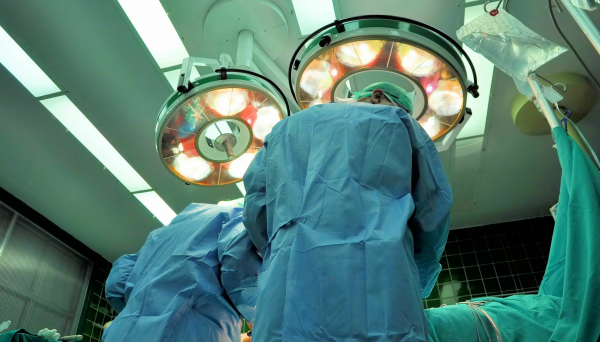The Australian Medical Association (AMA) has joined medical colleges to call on the federal, state and territory governments to immediately tackle growing surgery waiting lists.
The AMA, Royal Australasian College of Surgeons (RACS), Royal Australian and New Zealand College of Ophthalmologists (RANZCO), and Royal Australian and New Zealand College of Obstetricians and Gynaecologists (RANZCOG), have written to federal health minister Mark Butler.
The organisations say the National Hospital Funding Agreement (NHRA) is currently being reviewed and requires immediate reform.
They have called for a 50–50 funding arrangement between the federal government and jurisdictions, removing the 6.5 per cent cap on funding growth and reintroducing performance funding.
AMA President Professor Steve Robson said hundreds of thousands of people are waiting for essential surgery.
“Sick and injured patients across Australia have been suffering for far too long on surgical waiting lists,” said Professor Robson.
“We need action now - from all governments - to get our hospitals out of logjam and help all those Australians whose lives are being severely impacted because they can’t get the surgery they need.”
In their letter, the organisations say new funding must be dedicated to clearing the surgery backlog, with an estimated $4.4 billion needed over two years. They argue this increase should be shared across jurisdictions.
They estimate the elective surgery backlog is likely to be over 500,000 patients and growing, while the 'hidden waiting list' for initial public outpatient appointments could exceed 400,000.
RACS President Associate Professor Kerin Fielding said, “The capacity of health services to improve standards of living through surgery is increasing, but the allocation of resources to support this still requires improvement. So too does the term ‘elective surgery’, which has been questioned by the College, since ‘essential surgery’ seems more accurate.
“We should also look at improving efficiencies within the public health infrastructure by establishing facilities with dedicated surgical beds reserved for planned elective surgery patients to ensure emergency admissions do not occupy theatre and bed resourcing.”
RANZCO President Dr Grant Raymond said, “Publicly funded cataract surgery is under enormous pressure with the current waiting times for elective surgeries adding distress to many patients. Without targeted intervention the excessive delays for the elderly will continue to worsen.”
RANZCOG President Dr Benjamin Bopp added, “The current waiting times for elective surgeries for women is adding distress to many and impacting on quality of life, not just for individuals but also their families and communities. This will only get worse without targeted intervention.”
